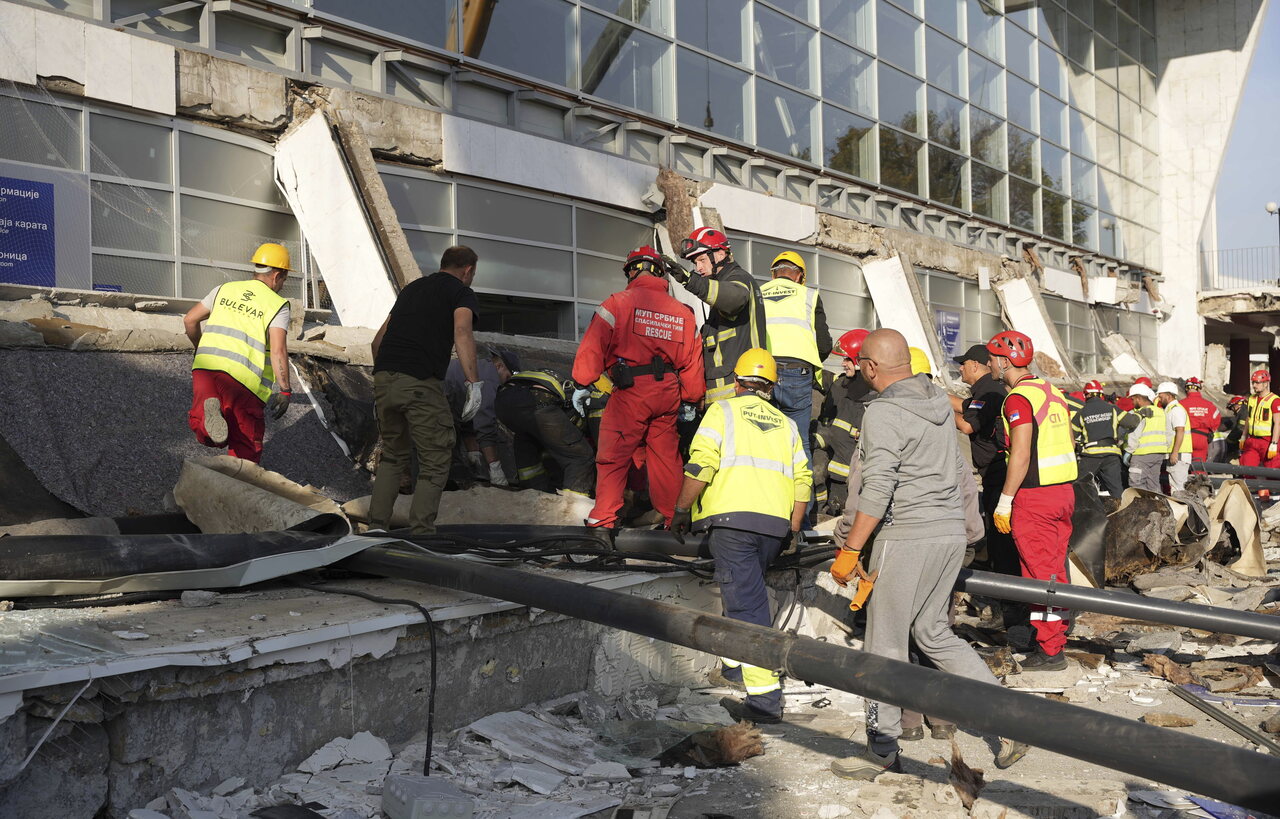Tragedy at Novi Sad railway station linked to Hungarian-owned firm, reports Serbian media

Change language:
A tragic incident at Novi Sad’s (Újvidék) recently renovated railway station, where a glass terrace collapsed on Friday, resulting in fourteen fatalities and multiple severe injuries, has raised questions about the companies overseeing the project. Serbian media reports, citing information from local procurement platforms, link the station’s reconstruction to Project Bureau Utiber, a company owned by Hungarian interests. While the official statement from Serbian Railways noted that only the station’s facade and interior were refurbished, with no mention of the terrace structure, local news sources suggest that Utiber had a role in supervising the station’s renovation.
Hungarian construction firm Utiber Közúti Beruházó Ltd., whose projects frequently involve subcontracting work for Lőrinc Mészáros’s companies, owns the majority of Project Bureau Utiber, Szabad Magyar Szó reports. Founded in 2014, the Novi Sad-based subsidiary has grown substantially, with revenues skyrocketing to seventeen times their initial levels and net profits increasing nearly ninetyfold over the last decade. Currently, it employs 63 people and is primarily owned by Utiber Közúti Beruházó, with 85% Hungarian ownership, while 15% belongs to Miodrag Jović, a Serbian citizen and managing director.

Beyond the railway station project, Utiber has secured numerous state contracts in Serbia, including for railway upgrades and construction supervision on the National Stadium, totalling contracts worth over EUR 23 million. In the Novi Sad railway project, Utiber holds the leading supervisory position among several bidders on the Hungarian border railway line, underscoring their dominance in this infrastructure project.






If a Hungarian company was responsible for this what projects have they worked on in Hungary which present public safety risks? This is what corruption results in when safety is concerned. Money is their primary objective and not lives.